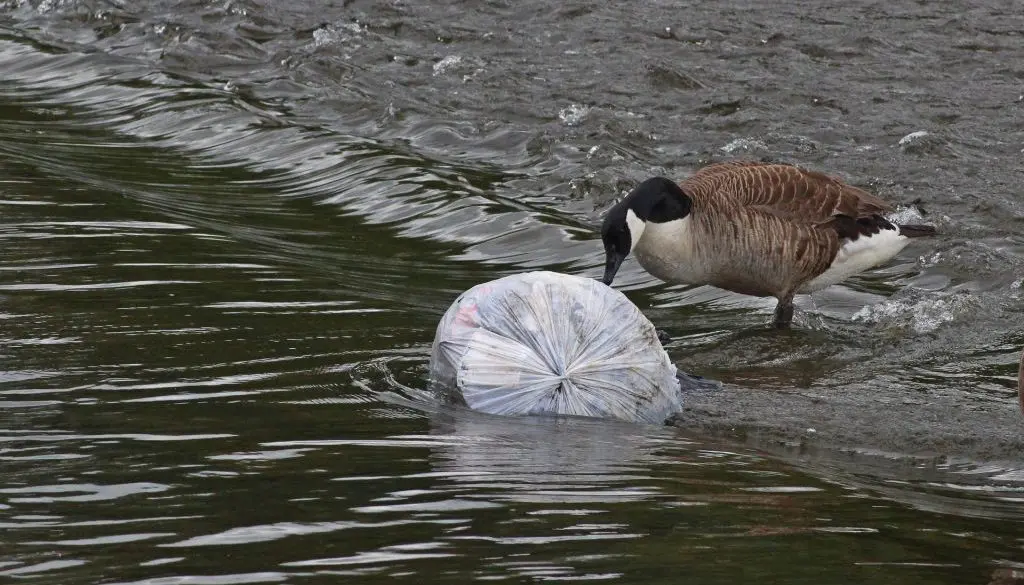Bioplastic decomposition times: the latest findings
Bioplastics which have not been correctly disposed of require a considerable length of time to decompose, comparable to that of other artificial polymers. This was recently confirmed by interdisciplinary research carried out by the Italian National Research Council in conjunction with the Institute for Physical and Chemical Processes (Cnr-Ipcf).
Although people tend to automatically associate the prefix ‘bio’ with the idea that something is ‘not dangerous’, this is not always true and thanks to this latest research, experts have been able to establish just how serious the environmental consequences of the inappropriate disposal of such materials can be.
The study into the decomposition of bioplastics
The analysis of the decomposition times of bioplastics carried out by Italian scientists focused on different types of virgin plastic granules, known as resin pellets. The study paid particular attention to those designed for use in creating commonly used objects, including:
- HDPE and PP for standard plastic;
- PLA and PBAT for biodegradable plastic;
The four plastic materials were immersed in both sea water and sand (in order to permit detailed study of the effects produced by the different environments on ageing and decomposition times) and the various samples were monitored for a total period of six months.
After careful observation, it emerged that in a natural environment, bioplastics behave in ways not dissimilar to traditional plastics. In other words, the corrosive effects of time and atmospheric agents are not sufficient to decompose the ‘bio’ polymers, which in fact maintain their structure almost unaltered.
In addition to providing new information which could be essential for the wellbeing of our planet, this scientific investigation has also become a launchpad for new experiments, which are gradually introducing more variables into the observation process, such as different atmospheric conditions, chemical agents of various kinds, the immersion of samples at lower depths etc.
The uses of these discoveries about bioplastics
In accordance with the January 2021 European Directive on Single Use Plastic, Italy banned the use of single use plastic items. The need to find alternatives for the production of single use products has therefore focused attention on bioplastics which, at present, have emerged as one of the most popular raw materials used in many industrial sectors.
In the light of the rapidly increasing spread of bioplastics, this study has acquired enormous importance, as it highlights unequivocally how they are not exactly eco-friendly (even though if disposed of appropriately, they offer undisputed advantages during the decomposition phase, as far as processing speed and energy savings are concerned).
In order to improve the situation, it is therefore essential to exploit this information, by focusing the community’s attention on the huge impact that human activity can have on the environment. Addressing companies who use bio plastics on a large scale is certainly important but involving individuals and building awareness among the public is even more so.
It is people who inadvertently commit small but continual errors, such as abandoning ordinary objects in inappropriate places, which, over time, has a negative impact on the conditions of the entire planet. A planet where the associations involved in research into the decomposition of bio plastics continue to confirm increasingly alarming data.
The great hope is that the relevant organisations organise effective information campaigns and insist as much as possible so that they can increase general public awareness of this theme. It is an extremely important subject, which must be managed well immediately.







